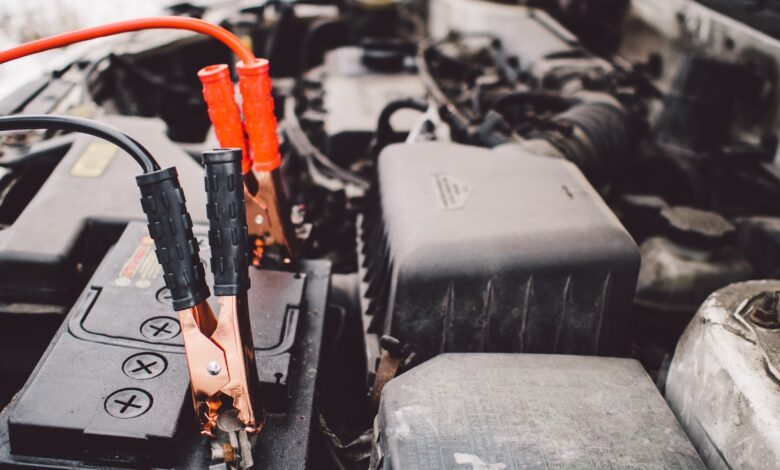How Often Should You Replace Your Car Battery? A Complete Guide

Car batteries are one of those parts most people don’t think about—until they fail. In fact, over 100 million car batteries are replaced in the U.S. each year. Whether it’s a frustrating morning when your car won’t start or getting stranded on the side of the road, battery failure is a headache every driver wants to avoid.
In this guide, we’ll walk you through how often car batteries need to be replaced, warning signs to watch for, causes of battery failure, and how to test your battery’s health before it leaves you stuck.
How Long Does a Car Battery Last?
Most car batteries last between 3 to 5 years, but this lifespan can vary depending on several factors such as:
- Climate (hot or cold temperatures)
- Driving habits
- Type and brand of the battery
- Vehicle usage and mileage
- Maintenance practices
If your battery is more than 3 years old, it’s a good idea to start paying close attention to its performance—especially before the extreme seasons hit.
When Should I Replace My Car Battery?
A battery doesn’t usually stop working without warning. If you know what to look for, you can catch a failing battery before it completely dies. Here are key signs your battery may need replacing:
- Engine cranks slowly or struggles to start
- Headlights dim or flicker when idling
- Power accessories (radio, windows) work irregularly
- Visible corrosion or sulfation on battery terminals
- You frequently need jump starts
- Battery warning light appears on the dashboard
Ignoring these signs can lead to sudden failure at the worst possible time—trust us, it’s not worth the risk.
How to Test a Car Battery
Want to check your battery’s condition before heading to the shop? Here are two simple ways:
1. Headlight Test:
With your car parked and headlights on, start the engine. If the headlights brighten after starting, your battery may be weak.
2. Use a Voltmeter:
Set the device to 20V DC. Attach the red probe to the positive terminal and the black probe to the negative. A fully charged battery should read 12.4V or higher when the engine is off. If it’s significantly lower, your battery might be nearing the end of its life.
How Much Does It Cost to Replace a Car Battery?
Battery replacement costs vary based on type and quality:
- Standard lead-acid batteries: $65 – $125
- Premium or high-performance batteries: $200 – $220
- Hybrid vehicle batteries: $1,000 or more
If you’re unsure which battery is compatible with your vehicle, consult a trusted mechanic or refer to your car’s owner’s manual.
What Causes Car Batteries to Deteriorate?
Several factors can shorten your battery’s lifespan:
- Extreme Temperatures: Both hot and cold climates can drain battery life. Heat causes fluid evaporation, while cold weather affects chemical reactions inside the battery.
- Vibration & Loose Terminals: Driving over rough roads with an unsecured battery can damage internal components.
- Frequent Jump Starts: Leaving your lights on overnight or running accessories with the engine off can deplete the battery and reduce its lifespan over time.
- Short Trips: Regularly driving short distances prevents the battery from fully recharging.
Proper care and attention can go a long way in extending your battery’s life.
Frequently Asked Questions (FAQs)
Q: How much does a car battery replacement cost?
A: Most car batteries cost between $65 and $125. Premium batteries can exceed $200, and hybrid vehicle batteries are priced much higher.
Q: How often should I replace my car battery?
A: It’s recommended to replace your car battery every 3 to 5 years, depending on usage, climate, and vehicle type.
Q: What are the symptoms of a dying battery?
A: Common signs include dimming lights, power fluctuations, difficulty starting the car, corrosion on terminals, and frequent need for jump-starts.
Being proactive about your car battery can save you from unexpected breakdowns and costly emergency calls. If your battery is aging or showing warning signs, it’s best to get it tested or replaced before it fails entirely. A little maintenance now can prevent a lot of stress later.




![How to Bypass CO Sensor on Generator – [4-Step Safety Guide]](https://www.generator411.com/wp-content/uploads/2025/08/co-sensor-on-generator-390x220.png)